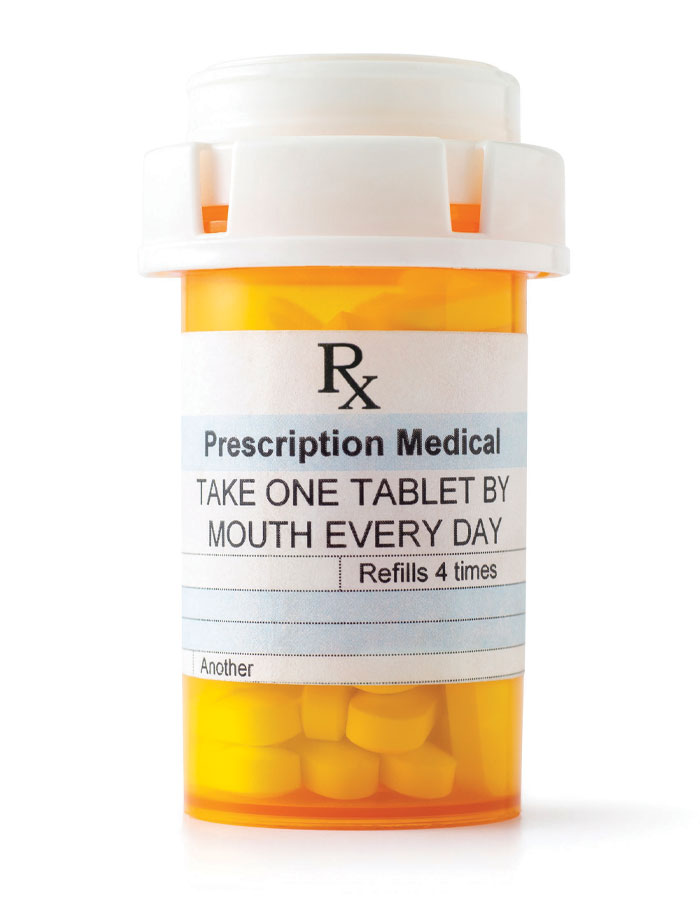 Electronic health records were designed to help reduce human errors that could harm patients. But EHRs may be failing to do their job, according to a new study. The electronic systems have largely replaced paper patient records and are supposed to alert when there are potentially harmful drug interactions or medication errors. But in simulated tests, scientists at U of U Health, Harvard University, and Brigham and Women’s Hospital in Boston found that EHR systems consistently failed to detect errors that could injure or kill patients.
Electronic health records were designed to help reduce human errors that could harm patients. But EHRs may be failing to do their job, according to a new study. The electronic systems have largely replaced paper patient records and are supposed to alert when there are potentially harmful drug interactions or medication errors. But in simulated tests, scientists at U of U Health, Harvard University, and Brigham and Women’s Hospital in Boston found that EHR systems consistently failed to detect errors that could injure or kill patients.
“EHRs are supposed to ensure safe use of medications in hospitals,” says David C. Classen MS’93, the study’s author and a U professor of internal medicine.
“But they’re not doing that. In any other industry, this degree of software failure wouldn’t be tolerated. You would never get on an airplane, for instance, if an airline could only promise it could get you to your destination safely two-thirds of the time.”
One reason the tests may not have detected up to 33 percent of medical errors in study simulations is that hospitals must customize and adapt their EHR software to meet their own needs, Classen says. This is a complex process that makes it difficult to keep up with all changes in drug safety.
“Although EHRs are now widely used, their safety performance continues to vary from hospital to hospital,” says David W. Bates, a study co-author. Classen says federal regulators only inspect EHR systems with factory specifications, meaning that whatever alterations hospitals make after installation aren’t accounted for.



Comments
Comments are moderated, so there may be a slight delay. Those that are off-topic or deemed inappropriate may not be posted. Your email address will not be published. Required fields are marked with an asterisk (*).